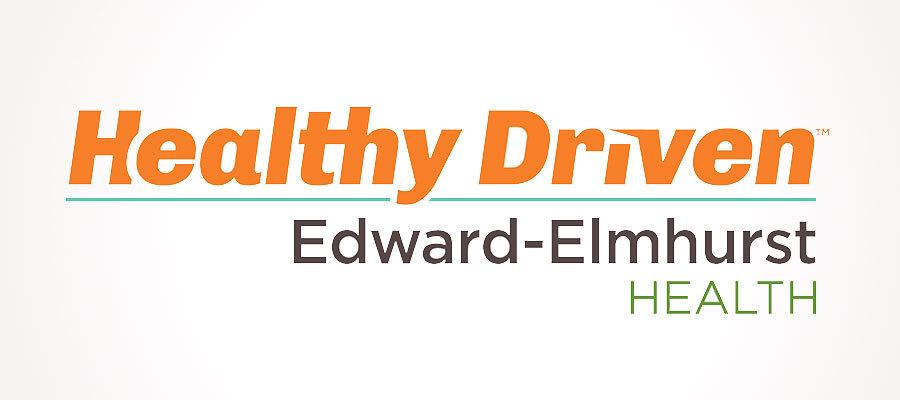Behavioral health resources available to aid providers

At Edward-Elmhurst Health in Naperville, Ill., we recognize that mental health is essential to overall health, and we provide a full range of behavioral health services. Importantly, our behavioral health clinicians provide care in all settings — primary care offices, the emergency department, the acute care hospital and outpatient settings such as cancer, diabetes and cardiovascular programs. We prioritize public education and have trained over 10,000 staff and community members in Mental Health First Aid. Mental health advocacy and community education to reduce stigma and enhance access are critical to our mission.
While it’s important to keep behavioral health at the forefront all year long, this month’s National Mental Illness Awareness Week (Oct. 6-12) and National Depression Screening Day (Oct. 10) are great reminders to health care organizations to fill any treatment or resource gaps. I hope you participated in some way for one or both of these recognitions, as they provide excellent opportunities to reduce stigma, educate the community about the effectiveness and value of mental health and wellness, and recognize the dedication and hard work of your own behavioral health staff.
Fortunately, we do not have to go at this alone. The AHA supports our work and provides resources to make our job easier, including:
- Behavioral Health Integration: A report sharing practices from hospitals and health systems working to integrate behavioral health into all care settings and collaborate with their communities for better health outcomes.
- Redesigning Care: A telebehavioral health implementation guide with tested strategies, proven solutions and easy-to-use tools for strengthening telebehavioral health care services or starting a new program. Nearly 44 million Americans have a behavioral health disorder, yet fewer than 50% will receive treatment. Telebehavioral health offers tremendous potential to improve patient outcomes and experience.
- Behavioral Health TrendWatch: An in-depth report containing the most recent research on the value of integrating physical and behavioral health services with information on increasing access and innovative strategies that support efforts to improve care and promote population health among diverse populations. One analysis of more than 20 million people with commercial insurance, Medicare and Medicaid found that medical and behavioral health integration could save $38-$68 billion annually1.
In addition, the AHA regularly produces timely resources, including podcasts, webinars and case studies highlighting the successful integration of physical and behavioral health and collaborative community partnerships. AHA also works with Congress and the Administration to ensure that federal laws and regulations better enable us to provide comprehensive quality care to our patients.
Our goal, as is the AHA’s, is to improve access to behavioral health care and support and introduce initiatives that reduce the stigma of psychiatric and substance use disorders. Only by doing this will we be able to achieve a society of truly healthy communities. As Dr. Brock Chisholm, the first Director-General of the World Health Organization, famously stated, “Without mental health there can be no true physical health.”2
Mary Lou Mastro, R.N., is president and CEO of Edward-Elmhurst Health in Naperville, Ill., and previously served as chair of AHA’s Constituency Section for Psychiatric and Substance Abuse Services Council.
1. Melek, S., et al. (2014). Milliman. Economic Impact of Integrated Medical-Behavioral Healthcare: Implications for Psychiatry. http://www. milliman.com/uploadedFiles/insight/2018/Potential-Economic-Impact-Integrated-Healthcare.pdf
2. Kolappa, K., et. al. (2013). No Physical Health Without Mental Health: Lessons Unlearned?. Bulletin Of The World Health Organization. http:// www.who.int/bulletin/volumes/91/1/12-115063/en/

